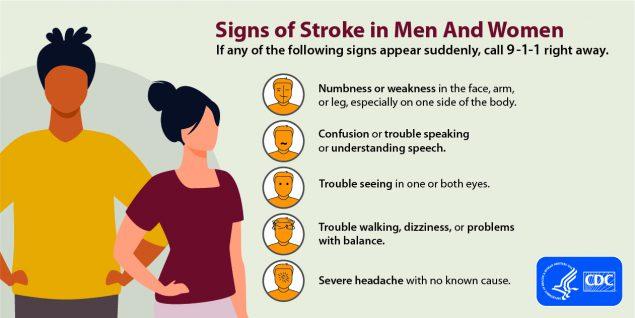Knowing These Stroke Symptoms Can Save a Loved One's Life
A stroke is essentially an interruption of blood flow to the brain. There are two main types of strokes; ischemic and hemorrhagic. Ischemic strokes happen because the blood flow to the brain has been blocked while hemorrhagic strokes happen because an artery has burst. Regardless of the cause, a stroke can cause permanent damage and even death, which is why getting help quickly is key. As a caregiver in New York City, or anywhere else, sporting these signs can help you save the life of your loved one. Here are a few key ways to recognize a stroke:
Stroke Signs to Know
There are several signs that an individual is having a stroke. These include:
Sudden confusion
Sudden weakness in the face, arm, or leg- especially if present on one side of the body
Sudden slurred speech or difficulty forming words
Sudden trouble walking
Sudden loss of balance or dizziness
Sudden severe headache
Sudden visual changes such as loss of vision
Sudden Numbness in the face, arm, or leg- especially if present on one side of the body
Remember, that these are sudden onset signs and not something that's been happening for years. So if you have a loved one who has a longstanding balance issue, their loss of balance is likely not a stroke symptom- unless the dizziness has gotten a lot worse.
The FAST Acronym
An easy way to remember stroke symptoms is via the FAST acronym:
Face: Sudden facial asymmetry, or facial numbness. An easy test is to ask the person to smile and raise both eyebrows. If one eyebrow doesn't rise, or if the smile is one-sided, this can be the sign of a stroke
Arms: Numbness and weakness in the arms are other common signs of stroke. Ask the person to raise both arms parallel to their shoulders. If they are unable to do so, and there is no recent arm or shoulder injury, stroke needs to be ruled out.
Speech: Speed can be tested by asking a person to repeat a simple phrase. If their speech is confused, slurred, or if it is difficult for them to speak, even though they hadn't had difficulty in the past, you need to act.
Time: Timing is critical for stroke patients. If you suspect that someone is having a stroke call 911. The CDC recommends calling 911 over driving to the hospital because 911 allows medical professionals to come to you and begin life-saving procedures faster.

